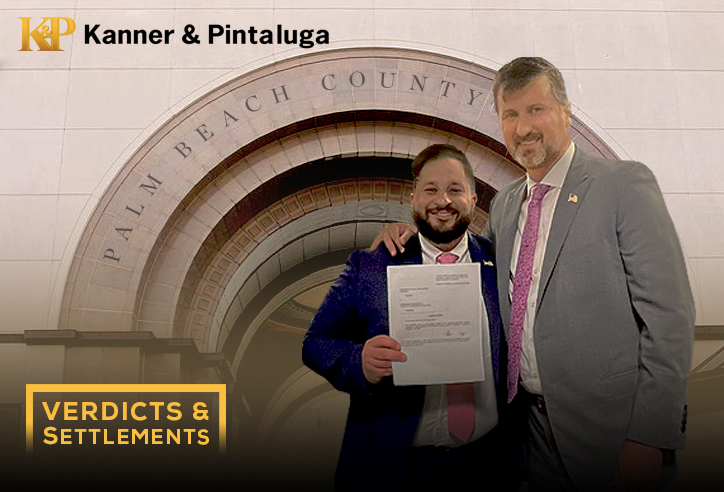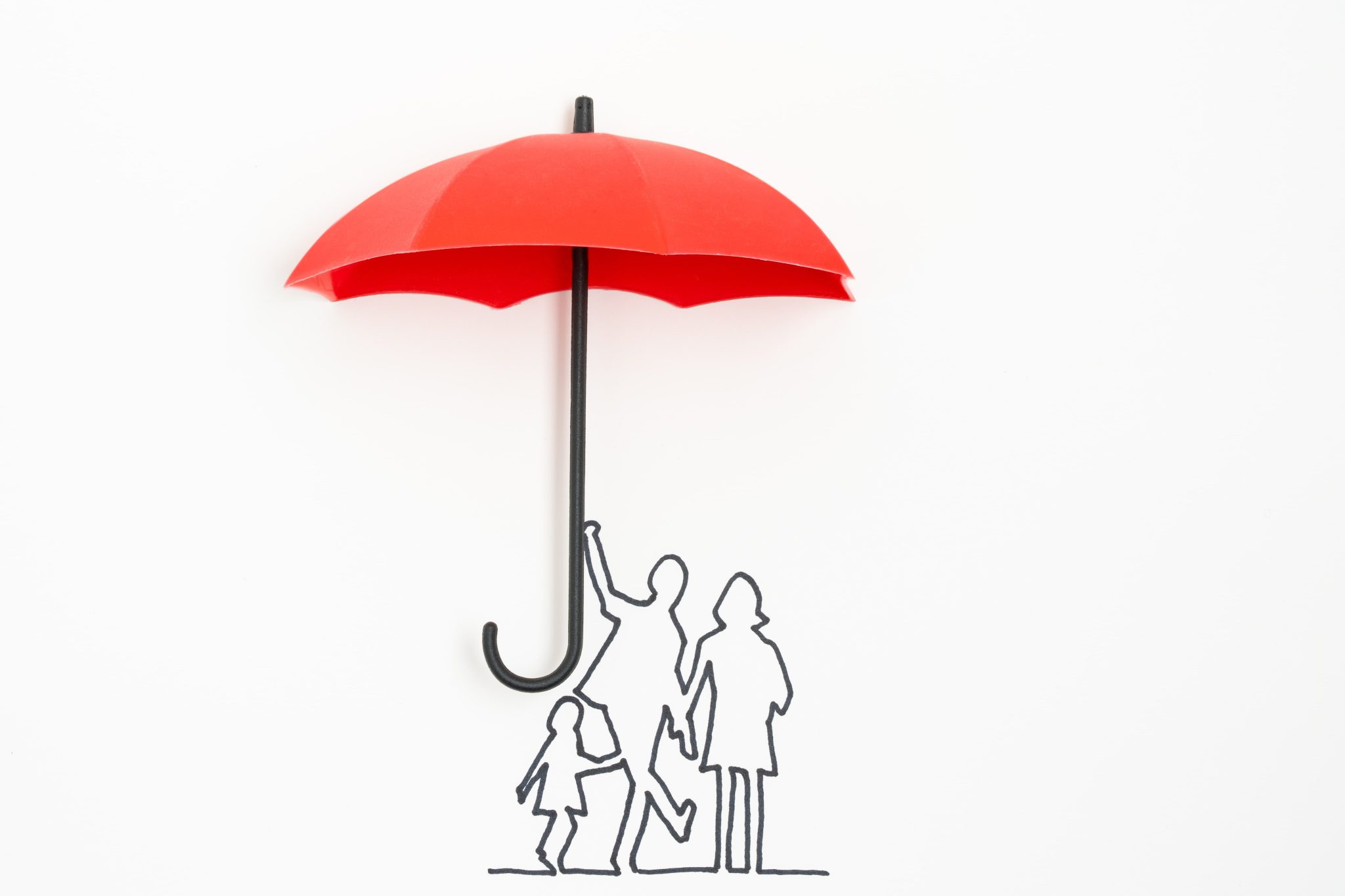- WE’RE HERE TO HELP 24/7
- 800.586.5555
What Is Umbrella Insurance and Why Might It Matter in Personal Injury?

Verdicts & Settlements: Jury Sides with Homeowner, Awards Full Damages After 20 Minutes of Deliberations
April 22, 2022
Kanner & Pintaluga Names New Personal Injury Litigation Practice Administrator
April 25, 2022What Is Umbrella Insurance and Why Might It Matter in Personal Injury?

The aptly named umbrella insurance offers extended protection for you and your family in case it metaphorically rains in the form of liability. For example, if you or a member of your household (like a child) runs a red light and hits a pedestrian, you’ll likely be liable for the resulting injuries. It’s possible the injured person’s medical costs, lost wages and pain and suffering damages will exceed your auto insurance liability limits (or you might not even have auto liability coverage since it’s not required in Florida).
Without an umbrella policy, you might be personally on the hook for any damages beyond what your auto insurance pays. If you have an umbrella policy, it will begin picking up the costs after your auto insurance policy limit is reached.
An umbrella insurance policy is one of those things you hope you never need, but if you do find yourself in that situation, you’ll be relieved to have it. They’re also not hugely expensive for most people. Since the umbrella policy is a last resort, claims are relatively rare, especially compared to other types of insurance claims. Consequently, premiums for umbrella insurance are often reasonable.
What Does an Umbrella Policy Mean for Personal Injury Plaintiffs?
An umbrella policy could be great news for a personal injury plaintiff for a couple reasons. For one, you’ll have access to significantly more money, which is of vital importance if the injuries you suffered were serious or catastrophic.
A driver in Florida might not have any auto liability coverage since it’s not technically required by law. You could run out of funds if your own PIP limits are too low to cover all your damages. If it turns out the driver or the person who caused your injuries has an umbrella policy, you could get far more compensation.
You might also have an easier time finding a personal injury lawyer to take your case if the negligent party has umbrella insurance.
Lawyers don’t truly work for free. Most injury lawyers advertise that, “You don’t pay unless we win,” which is true, but it’s not the whole story.
Since the attorney will only get paid if they win, personal injury lawyers tend to only take cases where they are confident the eventual settlement or claim payment will justify their investment of time and effort.
For example, if the entirety of your claim is only $5,000, and the lawyer will get 30 percent, they will make $1,500. If the case takes them and their team 24 hours of labor, their $1,500 cut might not adequately cover their expenses. However, if the person who injured you has a $1 million umbrella policy and your injuries justify a six-figure claim payment, your case may represent a lucrative opportunity for the lawyer.
Personal injury law isn’t all about money. Many personal injury attorneys truly care about the wellbeing of their clients, but lawyers need to pay their staff and bills too. You’re more likely to attract the best Florida injury lawyers when there’s at least a good chance they will be able to profit from your case. Umbrella policies make that more likely.
Do Umbrella Policies Extend to My Family and Cover All Types of Injuries?
Yes – if your precocious teenager who likes to stir up trouble on social media gets sued for libelous comments, it’s covered by your umbrella policy. These policies generally cover your entire household and you for all types of liability.
However, an umbrella policy won’t cover you for business liability, even if you run your business out of your home and it’s a sole proprietorship. It also doesn’t cover intentional or criminal damages. If you or a member of your household injures someone during an assault and the injured person sues, your umbrella policy won’t cover the damages.
What’s the Difference Between Umbrella Insurance and Excess Liability Insurance?
Umbrella policies cover you and your household for a broad range of things, from car accident injuries to premises liability. Excess liability coverage tends to be specific to a certain insurance policy. For example, excess liability for your auto insurance would just mean you have additional liability coverage for bodily injuries or property damage you cause in an auto accident. It wouldn’t have any effect on a premises liability claim against your homeowners policy.
